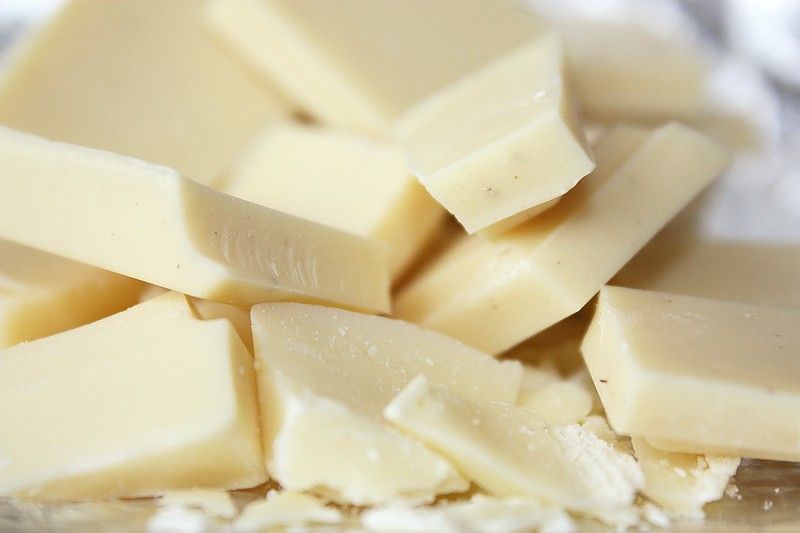Fruits in chocolate, harms and benefits of popular treats
 Fruits in chocolate are well-known sweets (photo: Freepik)
Fruits in chocolate are well-known sweets (photo: Freepik)
Many people enjoy indulging in fruit covered in chocolate due to its interesting taste, simplicity of preparation of sweets at home, and the wide variety of main components. But is this combination healthy?
Here is the list of the harms and benefits of popular sweets.
The following sources were used in writing the material: Pub Med, Health, Klarity Health Library, Journal of the American Heart Association, Bloom Healthy.
The variety of combinations of chocolate and fruits is impressive: dried apricots, plums, bananas, oranges, kiwis - and this is not a complete list. Also, strawberries covered in chocolate - white, milk, or dark - are popular. Each of the ingredients has both beneficial and harmful properties.
Chocolate - benefits and harm
Benefit of chocolate
Chocolate, like other cocoa products, contains many antioxidant and anti-inflammatory compounds. Moreover, recent studies have shown that dark chocolate reduces mental and physical fatigue, and increases vitality, executive function, and memory.
Dark chocolate is a good source of fiber and contains many minerals essential for health, such as magnesium, iron, copper, and zinc. It also contains phosphorus, potassium, and vitamin K.
White chocolate contains calcium, which is vital not only for bone health but also for effective muscle contraction and prevention of thrombus formation.
Harms of chocolate
First and foremost, chocolate is a relatively high-calorie food, so it should not be consumed regularly in large portions. The most harmful type is considered to be white chocolate - in addition to its calorie content, it is harmful due to the presence of fat and sugar in its composition - and the absence of cocoa.
Consuming too much chocolate can lead to an excess of calories, weight gain, heart disease, and diabetes.
Additionally, chocolate contains caffeine and the natural stimulant theobromine. Therefore, excessive consumption of chocolate can lead to side effects such as sleep disturbances, anxiety, and nervousness.

White chocolate - the most harmful (photo: Freepik)
Fruits - benefits and harm
Benefits of fruits
In addition to fiber, which is necessary for healthy digestion, helps reduce cholesterol levels, and controls blood sugar levels, fruits contain important micro- and macro-elements, including carbohydrates, proteins, and fats - as well as vitamins.
For example, vitamin C, which is found in apricots, apples, grapefruits, oranges, and kiwis, besides its antioxidant properties, has a positive effect on the skin, improves immunity, and can reduce the risk of cardiovascular diseases.
Vitamin B6, found in bananas, mangoes, and guavas, contributes to the formation of red blood cells. Additionally, fruits contain vitamin A, important for bones and vision, vitamin E, which preserves cell walls, and vitamin K, necessary for blood clotting.
Carbohydrates are a source of energy in the body. Proteins are important for balancing metabolic processes, and fats provide energy storage and protect bones and vital organs. Micronutrients like calcium, potassium, and iron are also essential for health.
Harmful substances in fruits
In addition to beneficial elements, fruits also contain harmful substances, such as sugar, fructose, and sorbitol, which some people may not tolerate. Bananas, for example, contain the highest amount of sugar among all fruits.
Chocolate with fruits
Chocolate, regardless of type, is a calorie-rich product that contains a significant amount of sugar and fats. This increases the risk of heart disease.
Since combining it with fruits adds sugar and calories to the product, excessive consumption can potentially lead to weight gain and other health issues.
However, when consumed irregularly, sweets containing dark chocolate and fruits with less sugar are much less harmful than low-quality snacks. Such as chocolate containing palm oil and E-numbers.
This material is for informational purposes only and should not be used for medical diagnosis or self-treatment. Our goal is to provide readers with accurate information about symptoms, causes, and methods of detecting diseases. RBС-Ukraine is not responsible for any diagnoses that readers may make based on materials from the resource. We do not recommend self-treatment and advise consulting a doctor in case of any health concerns.

